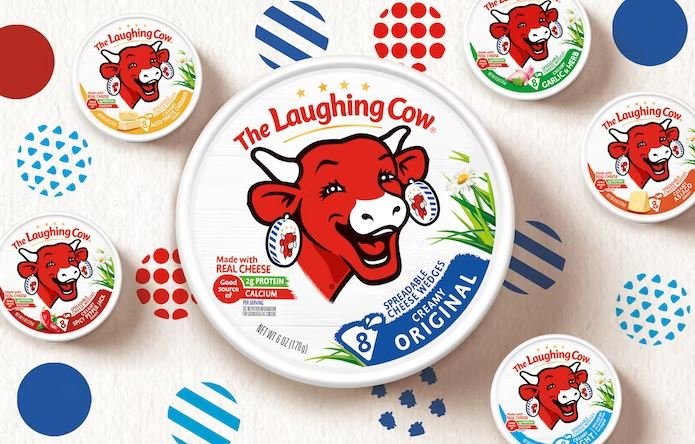Almost everyone loves cheese. It is best enjoyed with meats, veggies, and dried or fresh fruits and makes a great afternoon snack. While cheese is often thought of as a high-fat, high-protein food, it is also important to consider its pH level. So, is cheese acidic?
Yes, cheese is acidic. The pH level of cheese can range from 4.4 to 6.2, depending on the type of cheese and the aging process. Cheese with a pH level of 4.4 is considered very acidic, while cheese with a pH level of 6.2 is considered less acidic.
Cheese is made from milk, a rich source of lactic acid, so it shouldn’t be strange to find out that cheese is acidic. You may want to know if its acidity is tolerable or if you should avoid cheese. This article bares it open on this subject.
Is Cheese Acidic? What Is Its pH Level?
There are different types of cheese, with each one having a varying pH level. However, all types of cheese have acidic properties. Cheese with a pH level of 4.4 is considered very acidic, while cheese with a pH level of 6.2 is considered less acidic.
The acidity of cheese is important because it affects the flavor and texture of the cheese. Acidic cheeses, such as Feta and Parmesan, have a tangy flavor and a crumbly texture. On the other hand, less acidic cheeses, such as Cheddar and Swiss, have a milder flavor and a creamy texture.
The acidity of cheese is also important for the preservation of cheese. Bacteria need a neutral pH to grow, so acidic cheeses are less likely to spoil or become contaminated with harmful bacteria. This is why cheese has been a staple food for thousands of years and was used to preserve milk in a time before refrigeration.
What Is The pH Of Cheese?
Cheese has a pH level of 4.98 to 7.44. They do not have a strong acid content, as their pH indicates it is weakly acidic. The pH level of cheese is determined by many factors, including the type of milk used, the type of starter culture used, and the length of aging.
Different types of milk have different natural pH levels, with goat milk having a slightly more acidic pH than cow milk. The type of starter culture used to thicken the milk can also affect the pH level of the cheese. Starter cultures are microorganisms, such as bacteria and yeast, added to the milk to help ferment the lactose and create the acidic environment needed for coagulation.
The aging process can also affect the pH level of cheese. As the cheese ages, bacteria and enzymes continue to ferment the lactose, producing lactic acid and causing the pH level to decrease. This is why aged cheeses, such as Parmesan and Cheddar, are typically more acidic than younger cheeses like mozzarella.
What Cheeses Are Highly Acidic?
While some cheeses are mild and creamy, others are sharp and tangy, thanks to their high acid content. Here are some of the most acidic cheeses available:
Roquefort: Roquefort is a strong and tangy blue cheese made from sheep’s milk and is one of the most popular types of blue cheese in the world. Its pH is in the range of 6.0-6.5.
Feta: This salty and crumbly cheese is made from sheep’s milk or a combination of sheep’s and goat’s milk. Its tangy flavor makes it a popular ingredient in salads and sandwiches. It has a pH of 4.5 to 4.7.
Cheddar: Cheddar is a sharp and tangy cheese produced in a variety of styles and strengths. It has a pH of about 5.1.
Parmesan: This hard and salty cheese is often used as a grating cheese and is known for its intense flavor and high acid content. Parmesan has a pH level of about 5.35.
Should I Avoid Cheese Since It’s Acidic?
Cheese can be a nutritious food that provides protein, calcium, and other essential vitamins and minerals. However, its acidity can also cause digestive discomfort for some individuals, such as those with acid reflux or lactose intolerance.
If you have acid reflux or other gastrointestinal issues, limiting your intake of acidic foods, including cheese, may be beneficial. Additionally, consuming cheese may lead to bloating, gas, and diarrhea if you are lactose intolerant. The symptoms that come with this include heartburn and an extreme lack of comfort.
In general, it is important to enjoy cheese in moderation as part of a balanced diet and to consider any digestive issues you may have before consuming cheese. If you have concerns about consuming cheese, it may be best to speak with a healthcare professional for personalized advice.
Wrapping Up
Cheese is a part of most of our favorite dishes, but it’s acidic. People who suffer from acid reflux or GERD will have to limit how much cheese is included in their diet unless they can endure the pains that come with it.



















